 HARARE, Feb 11: Morgan Tsvangirai vowed to rebuild Zimbabwe’s shattered economy and to end political violence, as he became prime minister on Wednesday in a unity government with long-time rival President Robert Mugabe.
HARARE, Feb 11: Morgan Tsvangirai vowed to rebuild Zimbabwe’s shattered economy and to end political violence, as he became prime minister on Wednesday in a unity government with long-time rival President Robert Mugabe.
Tsvangirai spoke to more than 10,000 cheering supporters who filled a stadium and hung from trees and light towers, as he laid out ambitious priorities to turn around a country mired in economic and humanitarian crisis.
His speech was an indictment of Mugabe’s record after 29 years in power, highlighting the vast challenges facing a unity government whose very existence raised doubts within his own party as well as overseas.
“Political violence must end today. We can no longer afford brother against brother, because one happened to have a different political opinion,” Tsvangirai said to cheers.
“The transitional government will make food available and affordable,” he said. “No Zimbabwean will ever go hungry again.
“Our hospitals must be places of healing... On Monday, all schools must reopen. This Monday.”
He also vowed to take some immediate steps to fix the economy, like paying civil servants in foreign currency, but warned that curbing world-record inflation and 94 per cent unemployment would take time.
“It would take time to implement unity of purpose, to rebuild our country,” he said.
Both Tsvangirai and Mugabe, speaking at the presidential mansion after the swearing-in, acknowledged the mistrust that marred their negotiations and which critics say could undermine their unity government.
“We are all aware that the road has been long, tedious and often frustrating. It has not been easy to overcome the deep-seated mistrust,” Mugabe said.
But he vowed to make the unity government work.
“I offer my hand of friendship and cooperation, warm cooperation and solidarity in the service of our great country Zimbabwe,” Mugabe said.
“If yesterday we were adversaries... today we stand in unity. It’s a victory for Zimbabwe,” he said.
Tsvangirai’s swearing-in caps nearly a year of turmoil that began last March, when he won a first-round presidential vote that was greeted with nationwide political violence, mostly against his supporters.
Hoping to end the unrest that left at least 180 dead, Tsvangirai pulled out of the run-off and left Mugabe to claim a one-sided victory denounced as a sham overseas.
South Africa brokered the unity deal, which was signed on Sept 15, but stalled amid protracted talks on how to distribute cabinet posts and share control of the security forces.
Those concerns were finally addressed when the parties agreed to name co-ministers to home affairs, which oversees the police, and to create a new National Security Council that will give all parties control of the security forces.
But doubts persist. The European Union said that the new government would have to prove itself before receiving major economic aid.
“We are ready to support the economic and social recovery of Zimbabwe once the new government shows tangible signs of respect for human rights, the rule of law, and macro-economic stabilisation,” the bloc said in a statement.
Former colonial power Britain said that Tsvangirai “and his team have a formidable challenge in bringing legitimacy and reform to Zimbabwe’s government”.
Foreign secretary David Miliband said his appointment does offer “the possibility of a change for the better”.
DAUNTING CHALLENGE: The challenges facing Zimbabwe would daunt even the most experienced of administrators.
More than half the population needs emergency food aid. Unemployment is at 94 per cent. Only 20 per cent of children go to school because teachers have not been paid and exams not graded.
Public hospitals are closed, with doctors and nurses unpaid, exacerbating a health crisis in a nation where 1.3 million people have HIV and cholera has hit nearly 70,000 people since August, killing about 3,400.
“We only hope that his appointment will stem the tide of economic and humanitarian decline,” said Daniel Makina, a political analyst at the University of South Africa. “But the lingering question is how effective are his powers going to be.”—AFP

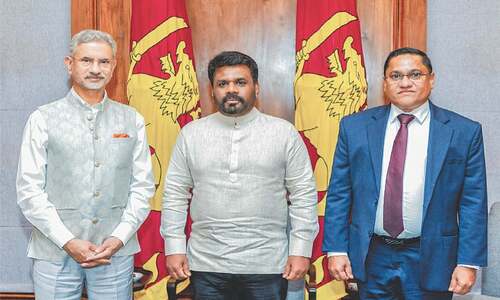
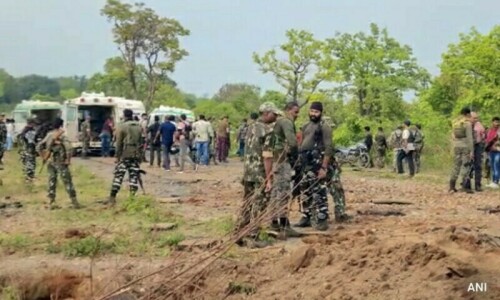











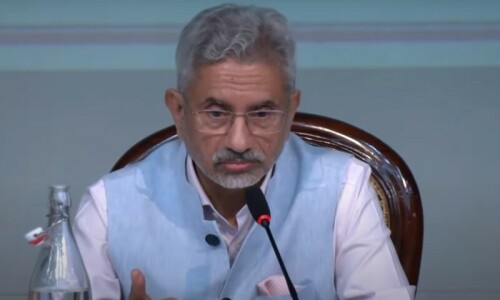
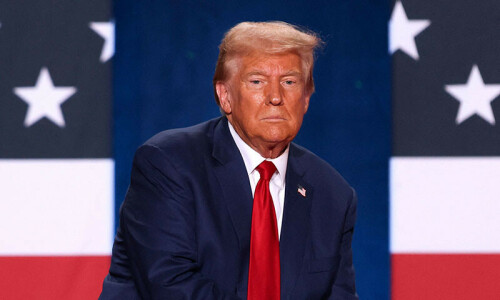






















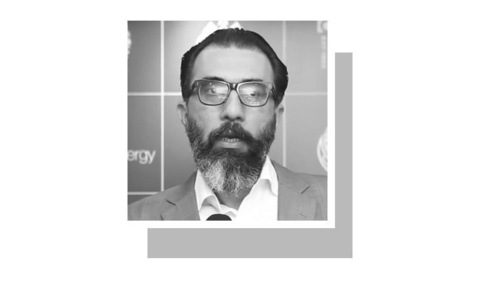
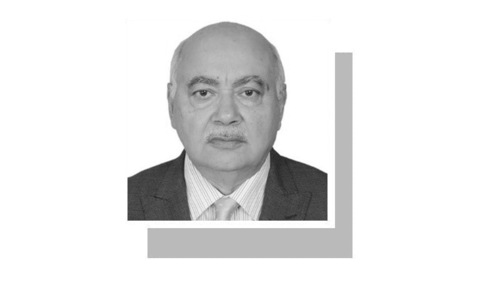

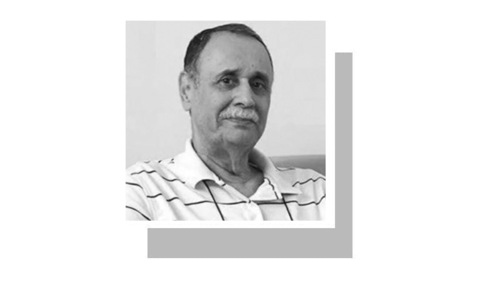

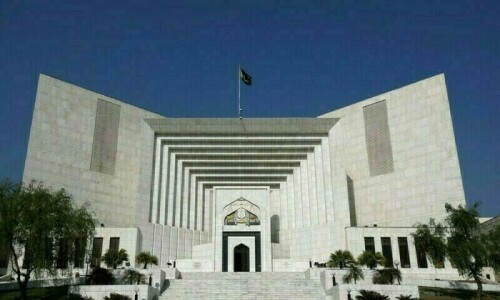


Dear visitor, the comments section is undergoing an overhaul and will return soon.